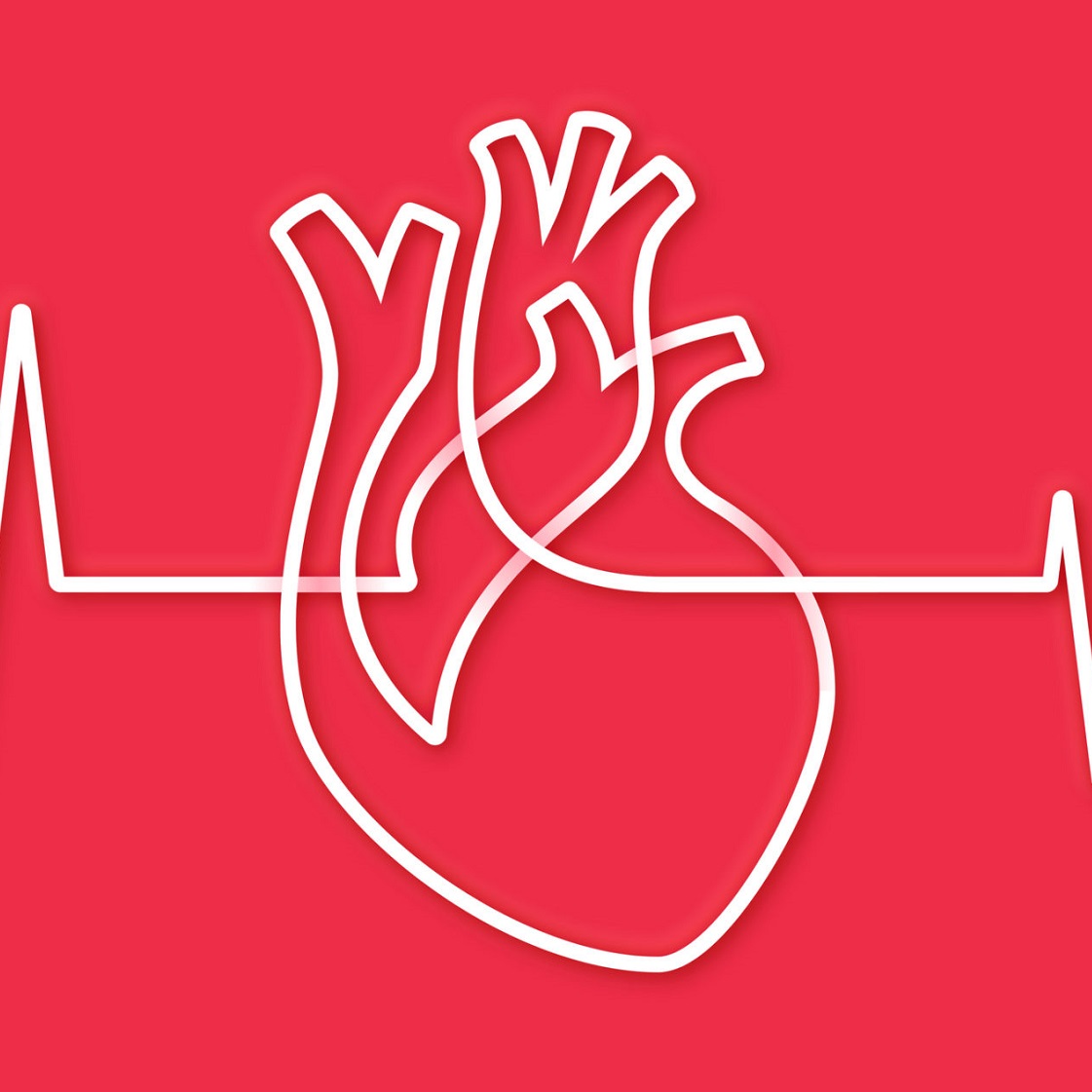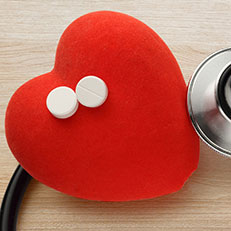Are Heart Attacks Hereditary?

February 15, 2022
Anyone can be affected by heart disease, but your age, habits and family history can be key indicators when it comes to assessing individual risks.
Is it safe to say heart attacks can be hereditary? “Cardiovascular risk can certainly be inherited from one generation to the next,” says Shaddy Younan, M.D., a board certified cardiologist. “If you have a parent or a sibling affected by heart attack or coronary artery disease, your risk of those conditions is increased. In addition, in some patients, rare genetic factors can lead to heart failure.”
A number of heart-related conditions are often seen in multiple generations, including:
- Arrhythmias
- Congenital heart disease
- Cardiomyopathy
- High blood cholesterol
- Heart failure
- Coronary artery disease
- Diabetes
Know Your Risk
Proactive screening is especially important if a family member has been diagnosed with heart disease or another heart disorder. “Proactivity and awareness are the best precautionary actions in preventing heart attack and stroke, which often occur without symptoms or warning signs,” says Dr. Younan. “The first sign of either can often be fatal.”
But through screening, you can detect an issue before it is beyond control. Screening options include:
- AngioScreen is a comprehensive heart and vascular screening. This simple, noninvasive, 15-minute evaluation is designed to help you identify and understand your risk for heart disease and stroke.
- CT Calcium scoring scans assess risk for heart disease and stroke by detecting calcium-containing plaque in your arteries––one of the leading causes of heart attack.
Lower Your Risk
Heart disease is often viewed as a genetic inheritance because families tend to share lifestyle habits, such as diet. High intake of sugar, fat and sodium lead to common conditions that can increase the likelihood of heart disease. “Our daily habits—although not hereditary—are typically learned, shared and passed between family members,” says Dr. Younan.
If you are at high risk for heart disease, consider a few lifestyle choices to lower your risk:
- Get moving: Physical inactivity can lead to heart disease as well as high blood pressure, high cholesterol and diabetes. Light to moderate exercise is just as valuable for your health as intensive workouts can be. Ultimately, maintaining positive cardiovascular health is the goal.
- Limit alcohol intake: Drinking too much alcohol can raise blood pressure and the risk for heart disease, too. Overconsumption of alcohol can also increase triglyceride levels, which is a fatty substance that thickens the blood and heightens risk.
- Avoid tobacco products: Tobacco use increases the risk for heart disease and heart attack because nicotine raises blood pressure. In addition, carbon monoxide from cigarette smoke reduces the amount of oxygen that can move through the blood stream.
Next Steps & Resources:
- Learn more about comprehensive cardiac care close to home
- Meet our source: Shaddy Younan, M.D.
- To make an appointment with Dr. Younan or a doctor near you, call 800-822-8905 or visit our website.
The material provided through HealthU is intended to be used as general information only and should not replace the advice of your physician. Always consult your physician for individual care.
Find a doctor near me
Surprising Signs You May Be Having a Heart Attack

Recognize surprising heart attack signs. Dr. Astudillo explains symptoms & importance of immediate care. Call 800-822-8905 now.
Take a Daily Aspirin to Prevent a Heart Attack?

The U.S. Preventive Services Task Force in October 2021 released updated recommendations for preventative aspirin use: Adults over the age of 60 should no longer consider taking a daily aspirin to prevent a first heart attack or stroke.
Find a doctor near me

4 Easy Ways to Lower Your Cholesterol
Lower your cholesterol with 4 easy ways. Dr. Lim shares simple lifestyle changes and dietary tips to improve heart health. Learn more and schedule an appointment today.

Can Heart Failure Be Reversed?
Reverse heart failure? Learn how Dr. Berkowitz helps patients manage and improve their condition. Find hope and resources for better heart health.

4 Early Signs of Heart Failure You Can’t Ignore
Recognize early heart failure signs: shortness of breath, swelling, fatigue. Dr. Berkowitz explains symptoms & diagnosis. Learn more today.

Is It a Heart Attack or Just Heartburn?
Heartburn or heart attack? Learn key differences. Doctors Singh, Salata, and Acquah explain symptoms and when to seek immediate medical care. Call 800-822-8905.
